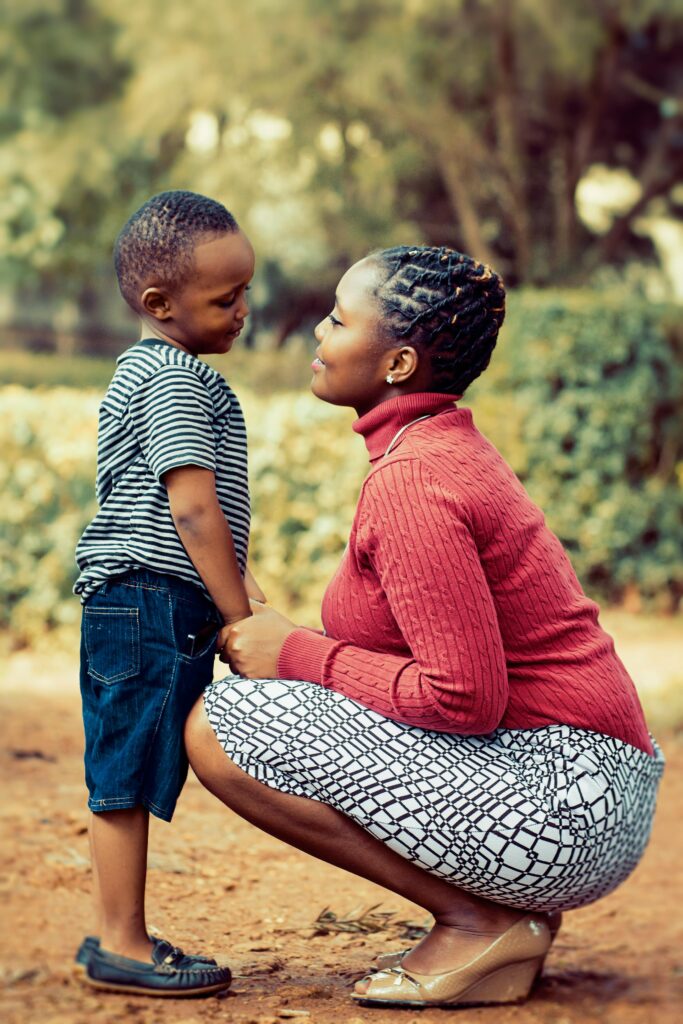In the realm of parenting and education, discipline often carries a punitive connotation, evoking images of time-outs and reprimands. However, the concept of positive discipline offers a transformative approach that emphasizes mutual respect, understanding, and growth. This method not only seeks to modify behavior but also to cultivate essential life skills in children and teens. Let’s explore the core principles of positive discipline and how they can foster a nurturing environment conducive to learning and personal development.
Mutual Respect
The foundation of positive discipline is mutual respect. This principle asserts that children deserve the same level of respect as adults. It’s about acknowledging their feelings and perspectives, creating an atmosphere where they feel valued and heard. Mutual respect involves setting boundaries while also being empathetic, showing children that their emotions and thoughts are important. When respect is reciprocal, it builds trust, making it easier to navigate challenging behaviors together.
Identifying the Belief Behind the Behavior
Children’s actions are often driven by their beliefs and emotions. Positive discipline looks beyond the surface behavior to understand the underlying reasons. For instance, a child acting out might be seeking attention or expressing feelings of inadequacy. By identifying these core beliefs, parents and educators can address the root causes of behaviors, leading to more meaningful and lasting changes. This approach not only resolves the immediate issue but also helps children develop self-awareness and emotional intelligence.
Effective Communication and Problem-Solving Skills
Positive discipline emphasizes the importance of clear, assertive communication and collaborative problem-solving. Instead of issuing commands or ultimatums, it encourages open dialogue where children can express their thoughts and feelings. This communication fosters a sense of agency and responsibility, empowering children to actively participate in finding solutions to their problems. By developing these skills, children learn how to navigate conflicts and challenges constructively, setting the foundation for effective interpersonal relationships throughout their lives.
Discipline That Teaches
The goal of positive discipline is to educate, not to punish or be overly permissive. It’s about guiding children towards understanding the consequences of their actions, helping them learn from their mistakes, and encouraging better choices in the future. This teaching-focused approach ensures that discipline is a learning experience, providing opportunities for personal growth and development. It helps children internalize values and principles, leading to self-regulation and improved decision-making.
Focusing on Solutions Instead of Punishment
Positive discipline is solution-oriented, concentrating on problem-solving and future behavior rather than punishment for past actions. This shift in focus helps children understand that mistakes are opportunities for learning, not just occasions for reprimand. It encourages them to think creatively and constructively about how to amend their actions and make positive changes, fostering a proactive mindset and resilience.
Encouragement Instead of Praise
Encouragement, as opposed to praise, is a crucial aspect of positive discipline. While praise often judges a person’s character or abilities, encouragement recognizes effort and progress, no matter how small. This distinction helps children develop a sense of self-efficacy and motivation. Encouragement acknowledges the process and effort involved in tasks, promoting a growth mindset and the understanding that ability is not fixed but can be developed through dedication and hard work.
Conclusion
Positive discipline is more than just a method of behavior management; it’s a philosophy that nurtures mutual respect, understanding, and growth. By focusing on the reasons behind behaviors, fostering effective communication, teaching through discipline, concentrating on solutions, and offering encouragement, we can guide children towards becoming thoughtful, responsible, and resilient individuals. This approach not only transforms individual behaviors but also cultivates a supportive environment where everyone can thrive.
For more information, join our free parenting training starting this summer.
